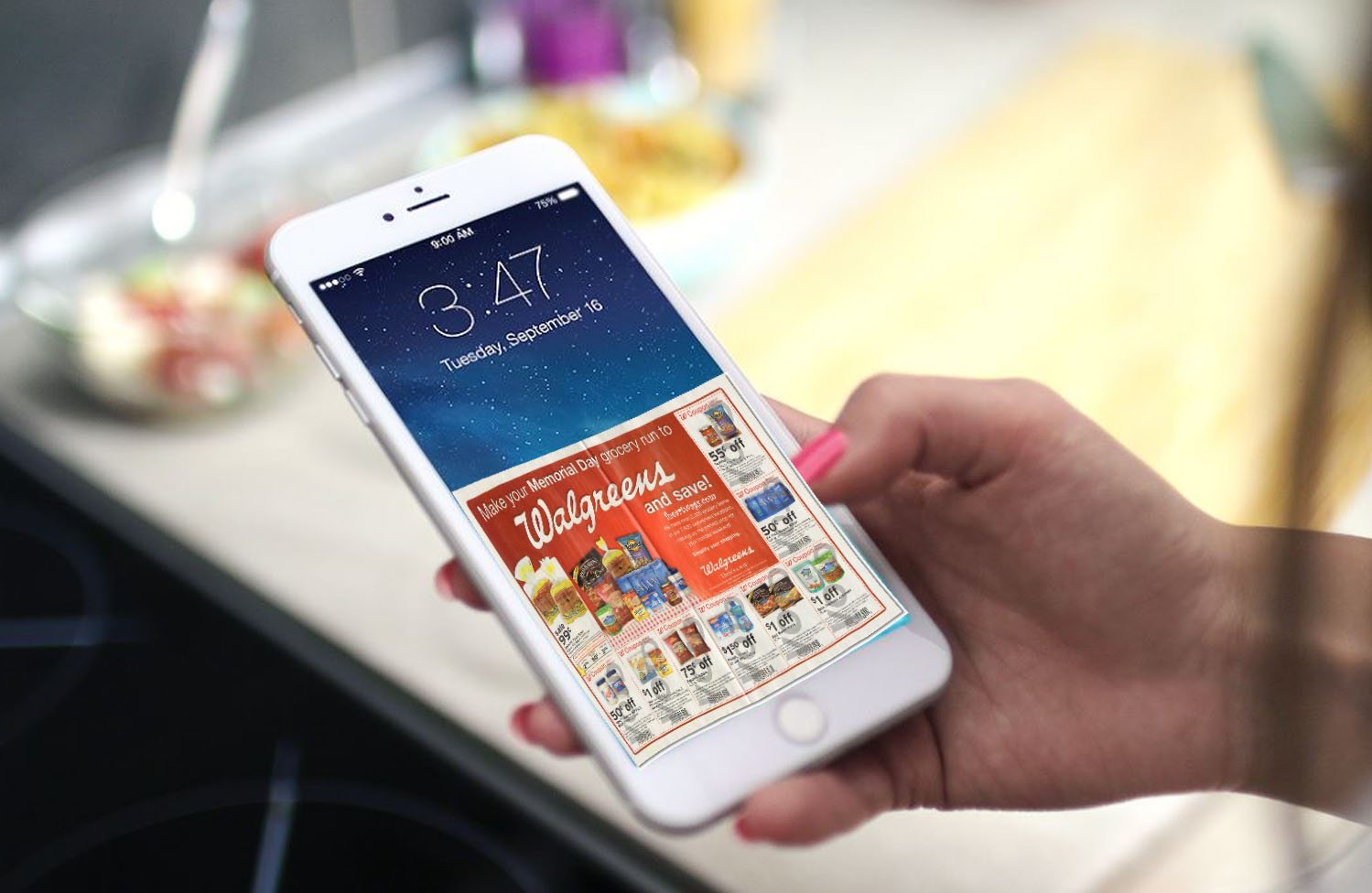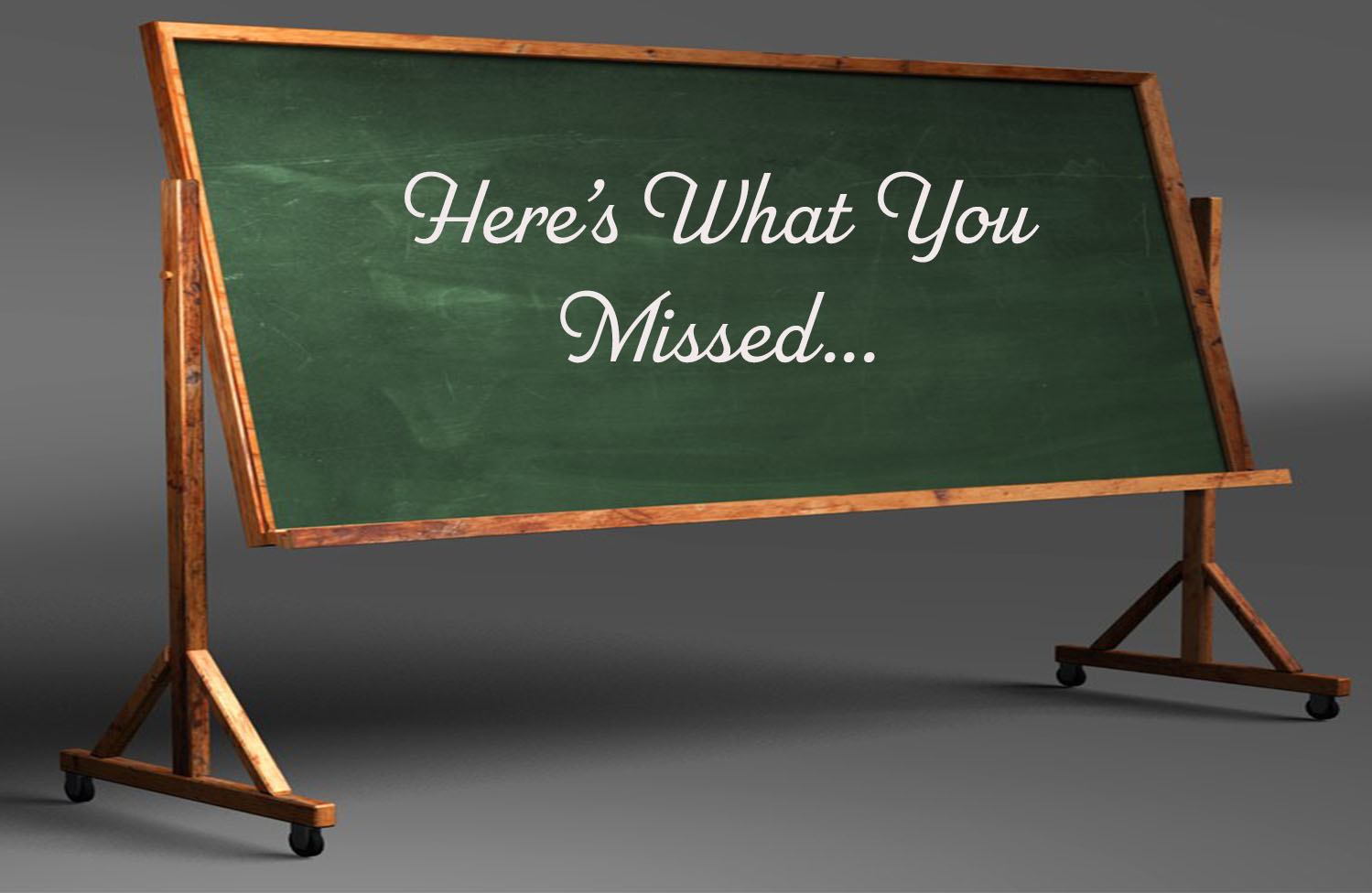For all you binge-watching Netflix fiends out there, you’ll already know what I’m talking about when I say the phrase, “ad-buddy.” For those of you who have managed to steer clear away from wasting hours of time watching mindless programming, first of all I am proud to somewhat know you. Second, in the show “Maniac,” characters who are financially down on their luck can use an ad-buddy to pay for virtually anything. An ad-buddy is a real-life human who will pay for you in exchange for you having to listen to them read advertisements aloud to you. Let’s say you want to fly to Morocco, but don’t have the cheddar to get there. You’d use an ad-buddy and they will read to you the entire flight.
Netflix shows like “Maniac” and the more popular “Black Mirror” depict a future that has yet to occur, and is often dystopian and quite frightening. Much of what is shown in these two series seems too freaky to truly exist…until today.
Moolah Mobile is a company which has created custom home-screens for mobile users that display ads in a “non-invasive” set location of one’s device. Per their official website, each time an advertisement is shown on one’s phone, the user earns “10% of what Moolah was paid for showing that ad in real time.” Users are paid in the form of “Moolah” which can be used in the Moolah Store for a variety of items. This company has commodified space on personal mobile devices and created a micro-gig economy in the process. Sound crazy? Keep reading.
Moolah took its screen-buying operations one step further today when the Company announced that it had formed a partnership with SurgePhone Wireless, a wholly-owned subsidiary of Surge Holdings Inc (SURGE) to launch the first free wireless service for low-income communities. Yes, folks, the companies will offer completely free service for mobile device users. Through the use of Moolah’s passive income platform, users will be able to use money earned from ads on their home screens to fully pay their new phone bills.
“Partnering with Moolah Mobile enhances our ability to utilize emerging technology to improve the quality of life for low income, under-banked, subprime credit and immigrant populations in the U.S…This partnership gives Surge a competitive advantage by essentially creating a no-cost product offering that currently doesn’t exist. I look forward to partnering with the team at Moolah Mobile on other products down the road as we both work to provide technology and digital services to the disadvantaged.”
–Brian Cox, Chief Executive Officer, Surge
According to recent statistics, the average time spent on a smartphone is approximately 171 minutes a day (2 hrs 51 mins) which is terrifying. If you think about the fact that we spend 8 – 10 hours sleeping each night, and another 8 hours working at a job, adding average phone usage leaves three hours each day to do anything else. We’ve become slaves to our technology and this trend has only gotten worse as devices have become more enticing.
Though I am a bit frustrated that companies are profiting off the technological addiction crisis, it’s brilliant nonetheless. Additionally, if Moolah and Surge make good on their partnership, their work will allow disadvantaged persons in the U.S. to have access to a mobile device to use for work or to call friends and family. These companies are one of the few in the tech industry to seemingly want to help everyday people have increased access to technology and I think that’s crucially important, so long as they follow through.





